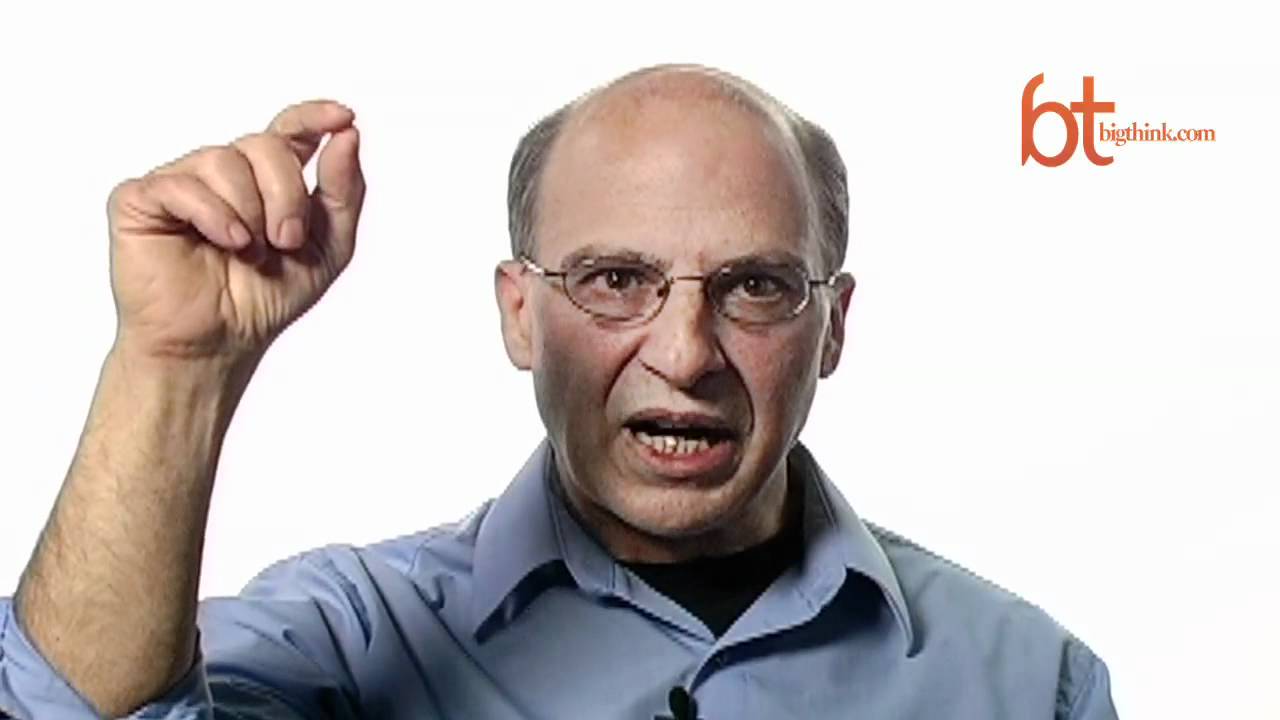Does Free Will Exist? | Alfred Mele | Big Think
Unleash Your Creative Genius with MuseMind: Your AI-Powered Content Creation Copilot. Try now! 🚀
The question of whether human beings have free will has been a topic of debate and discussion for centuries. Philosopher Alfred Mele believes that yes, humans do have free will, but the concept of "free will" can be understood in different ways. The challenge in discussing this topic lies in the various interpretations and meanings attached to the expression "free will."
Different ways of understanding free will
Mele explains that philosophers spend a great deal of time attempting to unravel the different possible meanings of free will. With a history spanning thousands of years, the literature on free will is extensive. To simplify the idea, Mele suggests thinking of free will like different grades of gasoline at a gas station. There is "regular" free will, which is presupposed in legal courts when someone is found guilty of an offense. This form of free will assumes that the person understood their actions, was of sound mind, and acted without coercion or compulsion.
However, there is also what Mele describes as "mid-grade" free will. This type of free will refers to the ability to do otherwise given the same circumstances. To illustrate this, Mele presents a scenario where a person decides to call a taxi but could have just as easily opted for taking the subway. The question arises as to whether the brain works in a way that allows for this ability to do otherwise. While there is no conclusive evidence either way, this is an open and empirical question.
The main experiment on free will
The main experiment that has driven the discussion around free will is one that was originally conducted in the early 1980s. Subjects are seated in a chair and instructed to flex their wrist whenever they want. As they watch a rapidly revolving spot on a clock, their brain activity and muscle bursts are measured. The idea is to determine the interval between the urge or intention to flex and the actual muscle burst.
The results of these experiments have been interpreted in a way that seems to challenge the existence of free will. However, Mele argues that there are several mistakes that prevent these experiments from definitively proving the absence of free will.
The mistakes in the experiment
One of the main mistakes in these experiments is the unreliable measurement of awareness. Subjects are asked to indicate when they first became aware of their urge or intention to flex by moving a cursor to the corresponding spot on the clock. However, this method has its limitations. Mele, who participated in one of these experiments himself, explains that even as a conscious observer, he found it challenging to pinpoint the exact moment of awareness. This raises questions about the accuracy of subjects' reports in these experiments.
Another mistake lies in the interpretation of the early spike in brain activity that occurs half a second before the muscle burst. Rather than a decision being made at this time, it could simply be a potential cause of a subsequent decision. The distinction between a decision being made and the presence of a potential cause is crucial.
Furthermore, these experiments primarily focus on trivial actions like wrist flexions or mouse button clicks. Mele suggests that free will might play a more significant role in broader life decisions, such as choosing a graduate school or making personal commitments. By limiting the study of free will to these trivial actions, we may not be capturing its full scope and potential in human lives.
The bottom line: Free will is still wide open
In conclusion, Mele believes that the experiments conducted on free will do not definitively prove its absence. Judgement times are unreliable, and the early spike in brain activity may not necessarily correspond to a decision being made. Additionally, the focus on trivial actions limits our understanding of free will's true dynamics. Free will remains an open question that requires further exploration and research in order to draw any conclusive answers.

Related Recaps
- Are #BlackPeople #Aliens? #CripJesus explores the etymology , history & mystery of the word Alien.
- L'influence d'une femme de prière. 17/06/2019
- Rank 1 20-0 FUT Champs Highlights! 😎
- Ed Sheeran - Castle On The Hill [Official Lyric Video]
- Indian Defence Updates : Agni Prime Test, F-414 Withheld, QRSAM Fixed, LRLACM Engine, 1082 HMV Order